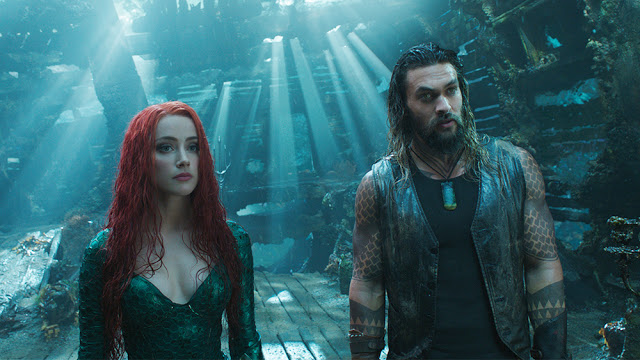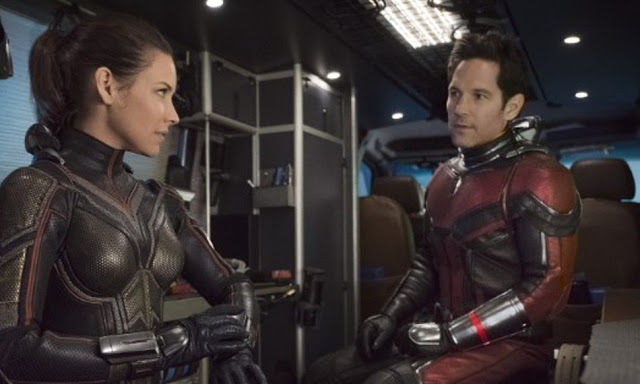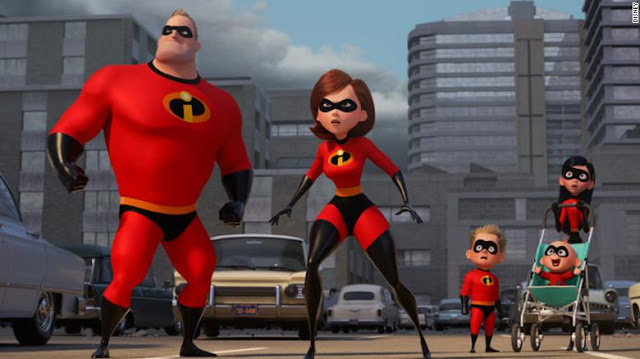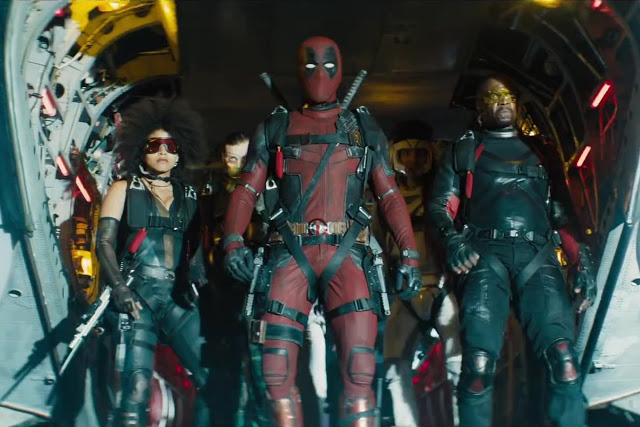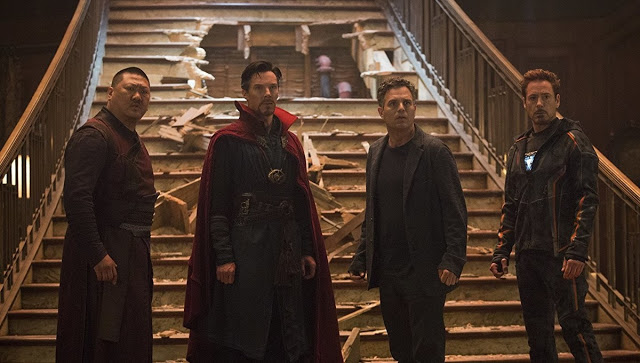The dirty little secret of Deadpool was that, for all its supposed subversiveness—the meta commentary, the vulgar jokes, the extreme gore and relentless profanity—it largely proceeded as a straightforward superhero origin story. So it’s only logical that Deadpool 2 abides by the Law of the Sequel, doubling down on the original’s purported irreverence while also methodically expanding the franchise’s universe and setting the stage for further installments to come. If you deemed the first Deadpool to be an anarchic laugh riot, you’ll likely be sated by this follow-up’s well-stocked buffet of ad-lidded one-liners and bloody carnage. And if, like a certain humorless critic, you found the original to be a mildly clever, philosophically vacant sketch concept that quickly wore out its welcome, well, at least you still get to spend a few hours hanging out with Ryan Reynolds.
Reprising his role as Wade Wilson, the potty-mouthed assassin with a red leotard and a severely burned face, Reynolds receives a co-writing credit this time around (shared with Rhett Reese and Paul Wernick, who scripted the first film), suggesting that the affable actor improvised acre-sized swaths of his dialogue. (In fact, given that Wade spends most of his time wearing a head-to-chin mask, it’s fair to wonder if Reynolds just muttered “insert wisecrack here” while on set, then looped in his gag of choice during post-production.) Here he favors a high-volume approach that seems rooted in the ZAZ school of comedy, the notion that if you keep the jokes flying fast enough, you’ll land enough punches to keep the audience in stitches. And he does land his fair share; apologizing to his girlfriend for arriving home late, Wade explains, “I was fighting a caped badass, but then we discovered that his mom is named Martha too.” Read More

